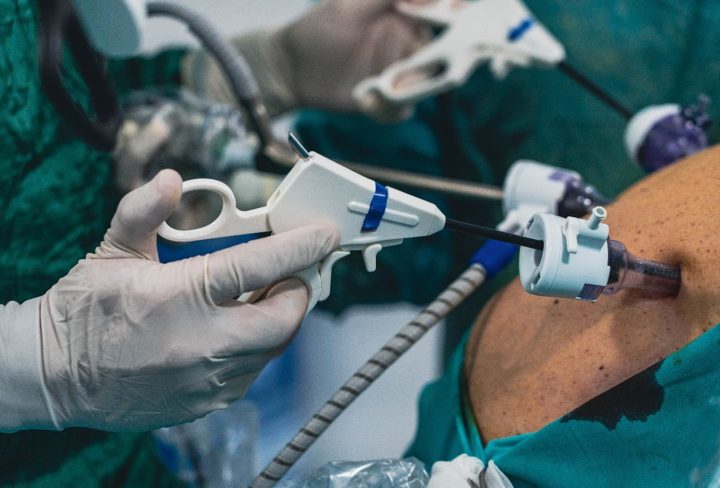What is Bariatric Surgery?
Bariatric surgery, also referred to as weight loss surgery, involves altering the digestive system to help individuals with obesity.
These procedures limit the amount of food and calories the body can absorb, achieving and maintaining substantial weight loss easier.
Beyond weight loss, bariatric surgery can help manage or prevent obesity-related health issues, including type 2 diabetes, heart disease, and high blood pressure.
Why Should You Consider Bariatric Surgery?
Bariatric surgery is typically recommended for individuals who struggle to lose weight via diet and exercise alone and have a BMI of 40 or higher.
Unlike temporary diets, bariatric surgery offers a long-term solution by modifying the digestive system.
Many patients see notable improvements in their overall health, such as
- Better blood sugar control
- Lower cholesterol
- Reduced joint pain.
Which Health Conditions Can Bariatric Surgery Help?
Obesity is associated with numerous serious health conditions, and bariatric surgery can dramatically improve or even resolve many of them, including:
- Type 2 Diabetes: Bariatric surgery can improve insulin sensitivity and may even put diabetes into remission.
- Heart Disease: Weight loss following surgery can reduce stress on the heart and lower the risk of heart attacks and strokes.
- Obstructive Sleep Apnea: Weight loss often alleviates or eliminates sleep apnea, enhancing overall quality of life.
- Osteoarthritis: Reducing weight lessens the strain on joints, easing pain and improving mobility.
By addressing the root cause—excess weight—bariatric surgery provides an opportunity for a healthier, longer life.
What is the Preparation Process for Bariatric Surgery?
Before bariatric surgery, you will go through a thorough medical evaluation to make sure both physically and mentally prepared.
This may involve
- Blood tests
- Screenings
- Consultations with your doctors.
You will also be instructed to follow a specialized pre-surgery diet to reduce liver fat and enhance the safety of the procedure.
In addition, making lifestyle changes such as quitting smoking and reducing alcohol consumption will be essential for maximizing the success of the surgery.
What to Expect After Bariatric Surgery?
Recovery after bariatric surgery involves a period of rest and follow-up care.
You’ll spend a few days in the hospital and then follow a structured recovery plan, which includes the following:
- Dietary Changes: You’ll start with clear liquids, gradually progressing to soft foods, and eventually regular foods over several weeks.
- Physical Activity: You can resume light physical activities within a few weeks, with more intense exercises being introduced after a few months.
- Follow-up Appointments: Ongoing check-ins with your doctor are essential for monitoring your weight loss, nutritional intake, and overall well-being.
Most patients achieve significant weight loss during the first year, resulting in better health and an improved quality of life.
Take the First Step Towards a Healthier Future
Bariatric surgery can be a life-changing solution to help you regain control of your weight and health. Our team of experts are here to guide and support you on your weight loss journey. Contact us today to schedule a consultation and learn more about how bariatric surgery can transform your life.


